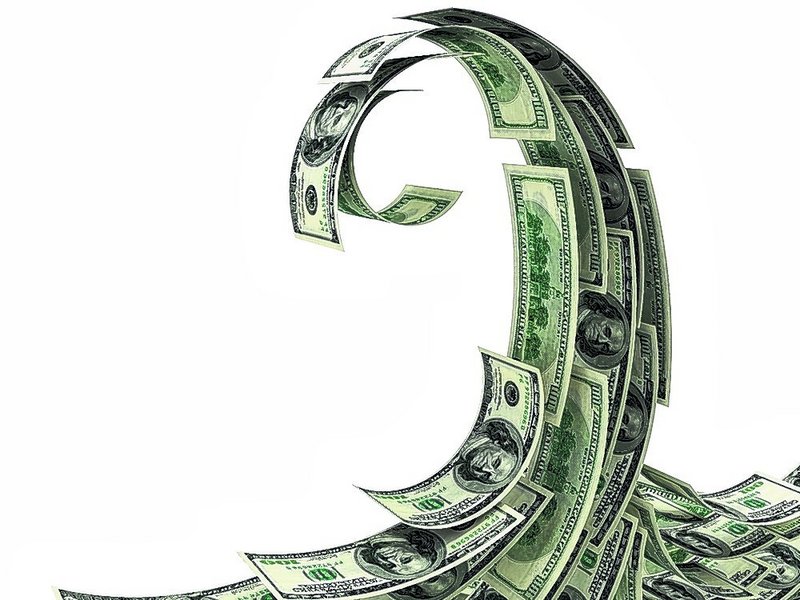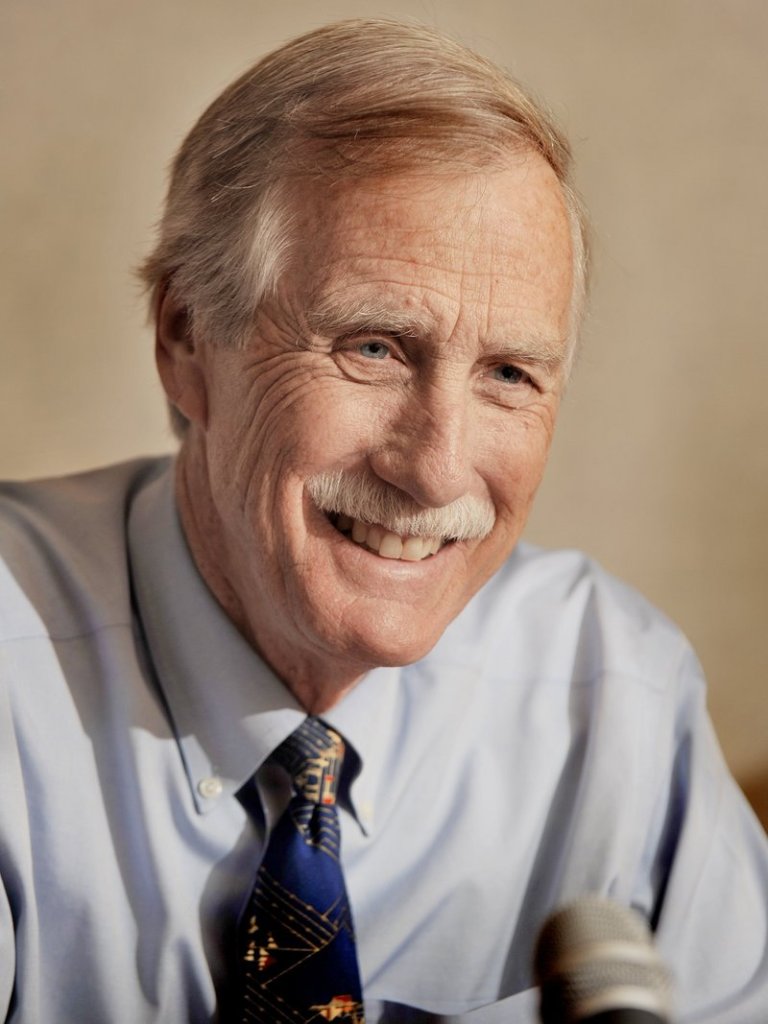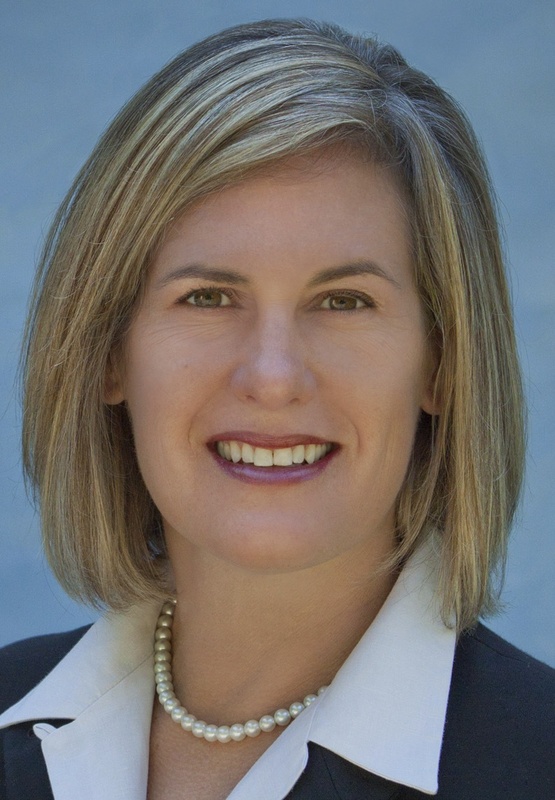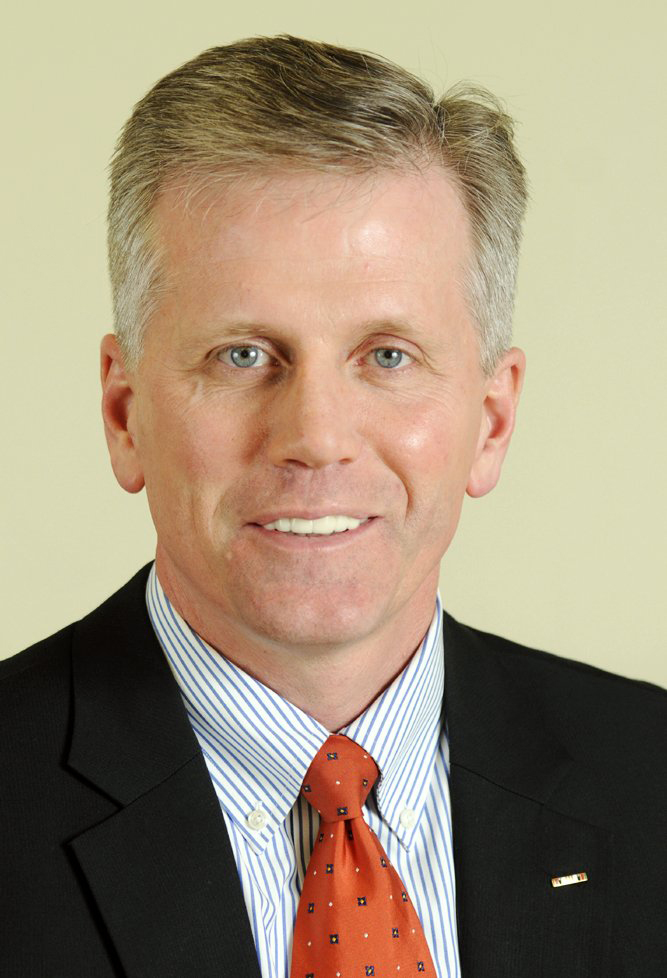Former Gov. Angus King’s U.S. Senate campaign has attracted the support of powerful national donors and political players, including some of the country’s most prominent corporate lobbyists, the head of the nation’s largest construction firm, and a corporate chieftain who once testified before Congress that smoking did not cause cancer.
Last week, the King campaign filed paperwork showing that prominent New York lobbyist Liz Robbins had raised $18,000 from other donors on the independent candidate’s behalf, a practice known as “bundling.”
On July 18, King attended a Washington fundraising reception hosted for him by Democratic superlobbyist Tony Podesta, his wife, and others, the proceeds of which will not be reported until October 15.
King — who was leading his nearest opponent 55 percent to 27 percent in a recent poll — had raised some $900,000 by June 30, more than twice that of his two major party challengers combined.
Political watchers say he’s wise not to be complacent, as he may need a substantial war chest to ward off or respond to negative ad campaigns paid for by super PACs or the U.S. Chamber of Commerce, which spent $400,000 on ads against him that started airing this weekend.
“You definitely do not want to disarm in terms of raising money just because you are ahead in the polls,” said Michael Franz, associate professor of government at Bowdoin College. “There is a lot of outside money out there and Maine’s media is cheap compared to other markets, so it may be worth it for groups like the U.S. Chamber to invest here and see if (Republican nominee Charlie) Summers can catch fire.”
“In any normal election King could probably just coast right now because he has that sense of inevitability behind him,” University of Southern Maine political scientist Ron Schmidt said. “But there’s too much riding on this election for the parties, so he needs to have money on hand” to respond to potential attack ads.
King’s spokesperson, Crystal Canney, cited the chamber’s ad campaign as one of the “really good reasons why we are aggressively fundraising.
“We believe this is just the beginning,” Canney added. “We are potentially facing unlimited money — if there is a large ad buy in the final weeks of the campaign — we have to have the money in hand because it will be too late for us to raise it.”
King has positioned himself as an independent alternative to Washington’s dysfunctional political culture, but while building his war chest he has received contributions from some extremely powerful donors with extensive interest in what happens in the U.S. Senate.
Joshua Berkenstein, a Democratic donor and a partner at Mitt Romney’s old firm, Bain Capital, gave $2,500 earlier this summer, as did his wife.
Riley Bechtel, CEO of Bechtel Corp. — which built the Hoover Dam and Boston’s Big Dig — kicked in $500, as did Marshall Cohen, head of state and local lobbying for the nuclear power industry association.
Andrew Tisch, co-chair and son of the founder of Loews Corp., and his wife gave $6,000. (While chairman and chief executive of the family’s Lorillard Tobacco Co. — makers of Newport and Kent — he famously testified to Congress that he did not believe cigarettes caused cancer.)
Gaston Caperton, president of The College Board, gave $1,000, as did Leonard Lauder, chair emeritus of Estee Lauder Companies Inc. Former Goldman Sachs general partner Robert N. Downey and California inventor and philanthropist Maurice Kanbar gave $2,500 each.
San Francisco philanthropists Bernard and Barbro Osher (for whom the University of Southern Maine’s Osher Map Library is named) gave $5,000. (Bernard Osher, a Biddeford native, is a graduate of Bowdoin.)
Numerous financiers have given to King this summer, including senior executives at UBS, FdG Associates and Capital Funding Group.
Lobbyist donors included George Cooper of Cauthen Forbes & Williams (who represents The Nature Conservancy and the American Sportfishing Alliance) and, here in Maine, John Doyle of PretiFlaherty (Spectrum Medical, Maine Health Care Association).
On July 14 the King campaign reported that Liz Robbins Associates of New York had served as a bundler for $18,000 in donations. That firm — whose lobbying clients include The College Board, General Electric and NBCUniversal — says the filing wasn’t entirely accurate, as the donations were gathered at “a small dinner” hosted by Robbins and her husband at their home, rather than by the firm itself.
“They have been friends of the governor for 40 years and think the world of him,” said a company spokesperson, Julie Beaumont. “We think you will be lucky to have him as senator.”
Between May 24 and June 30, King also raised $55,277 from political action committees. These included the PACs representing nurses, credit unions, heavy equipment operators, the carpenters’ union, the League of Conservation Voters, Google, the AmeriGroup HMO, Sun Healthcare Group, accounting giant Deloitte and the Council for a Livable World, which seeks nuclear disarmament.
Donors are likely investing in a candidate they expect will soon be serving in the Senate, said Franz, the assistant professor at Bowdoin. “We’re definitely seeing money moving toward the presumed winner, but it’s also a result of the larger national stakes in a Senate where King may become a king maker,” he said. “He could also be appealing to a lot of donors with his message of moderation and consensus building. People are frustrated with the way policy is currently being made in the Senate.”
Summers — who raised $149,167 between May 24 and June 30 — has largely relied on Maine-based individual donors like Beech Ridge Speedway owners Andrew and Ralph Cusack ($2,500 apiece), conservative Southport donor Ed Borsage and his wife ($5,000 each), and six members of the Quirk family, which owns the automobile dealerships of the same name.
Summers also raised $54,500 from nine PACs, all associated with either the national GOP or Republican senators, including Orrin Hatch of Utah ($10,000), Kelly Ayotte of New Hampshire ($5,000), Susan Collins ($5,000), Jeff Sessions of Alabama ($5,000), Mike Enzi of Wyoming ($5,000), and Mike Johanns of Nebraska ($2,000).
By contrast, Democratic nominee Cynthia Dill appears to have been largely forsaken by her party, a situation she protested in a fiery letter to the chair of the Democratic Senate Campaign Committee on July 19. The only PAC support of any kind she received this past period was from Rep. Mike Michaud’s leadership PAC, which gave $1,000.
She raised $66,157 between May 24 and June 30. Most donations came from prominent Democrats and Democratic donors in Maine, including Rep. Chellie Pingree and her husband, S. Donald Sussman ($1,000 each), Roxanne Quimby ($500), developer Bob Baldacci ($600); former state party chair John Knutson ($250) and state senators Justin Alfond of Portland ($1,250) and Phil Bartlett of Gorham ($300).
Sussman is the majority share owner of MaineToday Media, which owns the Maine Sunday Telegram, Kennebec Journal and Morning Sentinel.
Franz said he expects the national Democrats to largely stay out of the race because Dill — who got 7 percent support in a recent poll, and only 13 percent among Democrats — is unlikely to win, but could contribute to a vote split that might create an opening for Summers.
“I think the 2010 gubernatorial race looms large and sticks in their gut a bit,” he said. “King’s rhetoric is about as comfortable as the Democrats could hope for an independent candidate.”
“The Democrats have chosen who to support and it’s Angus King,” says Charles Cragin, a former Republican national committeeman and Summers supporter. “They have basically thrown Dill over the side.”
Staff Writer Colin Woodard can be contacted at 791-6317 or at:
cwoodard@mainetoday.com
Send questions/comments to the editors.







Success. Please wait for the page to reload. If the page does not reload within 5 seconds, please refresh the page.
Enter your email and password to access comments.
Hi, to comment on stories you must . This profile is in addition to your subscription and website login.
Already have a commenting profile? .
Invalid username/password.
Please check your email to confirm and complete your registration.
Only subscribers are eligible to post comments. Please subscribe or login first for digital access. Here’s why.
Use the form below to reset your password. When you've submitted your account email, we will send an email with a reset code.